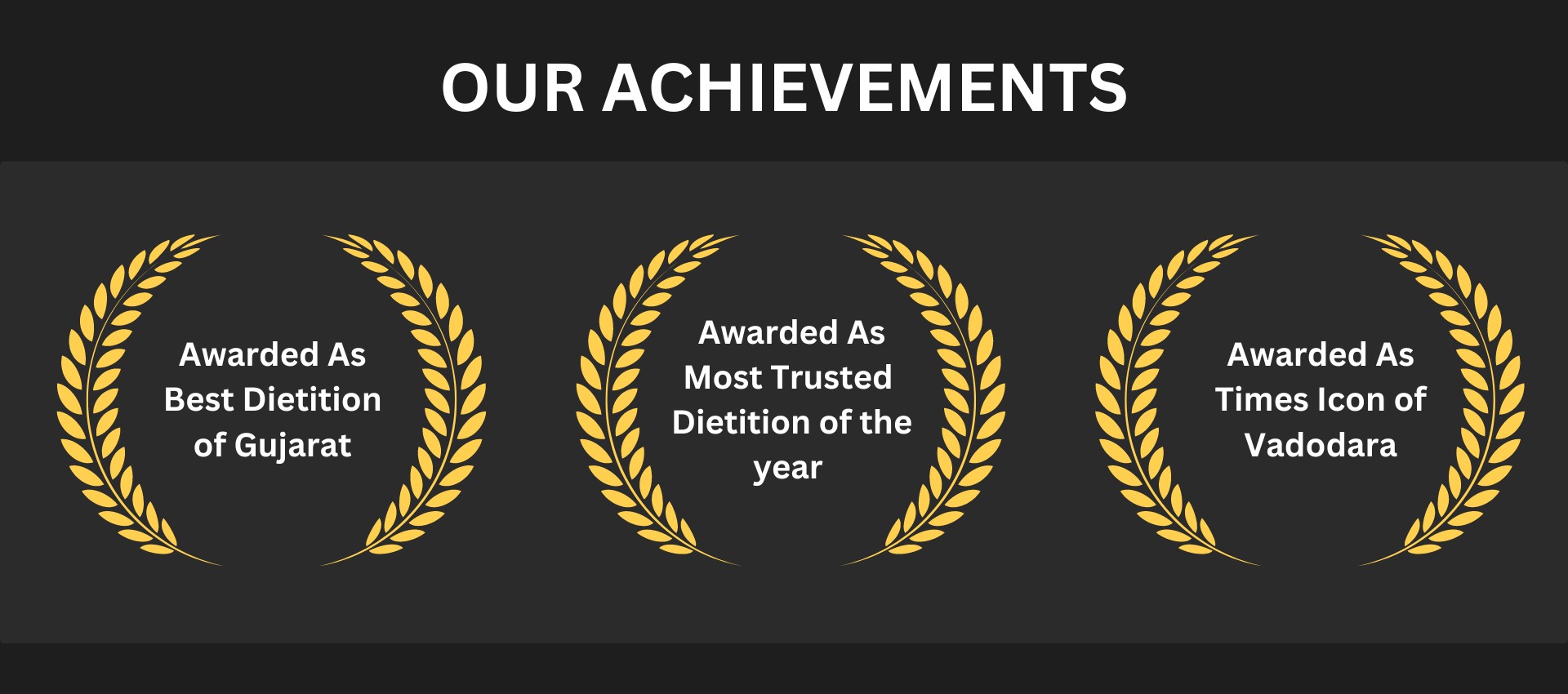Diet
All the diet plans are carefully designed under dr. Krishna mam's guidance. Your diet plans are going to be: Personalized, Convenient, Flexible, and with Constant Unlimited Guidance by our experts.
Exercise
Exercise is a key component for improving your health, and we are going to guide and facilitate you in that too. We would suggest you easy home-based exercise which are to be carried out only for 15 to 20 minutes every day.
Stress & Sleep Management
Insufficient sleep and constant stress are biggest reasons for obesity and other lifestyle disorders and in that context, we at iCure Diet Clinic are also going to be helpful to you.
Lifestyle Modificarion
Majority of diseases and dis-harmony in life are psycho-somatic, so to manage this, we must have a multi-faceted approach. We at iCure cover all the aspects of lifestyle modification.
About Us

Welcome To
iCure Diet Clinic
by
Dr. Krishna Dave Vaidya
Ph.D. (Dietetics),
Master in Food and Nutrition,
B.Pharm, DNYS, CFN.
The core mission of iCure Diet Clinic is a deep desire to help individuals achieve their long-term diet and nutrition goals in a natural manner.
Whether you’re seeking help with weight management, Hormonal Imbalance, or disease prevention, each client is individually evaluated and provided with a well-researched and comprehensive plan they can follow to achieve their goals.
NO SHAKE
NO PILLS
NO STARVATION

Gujarat's Largest Diet Clinic
Why Choose Us
Awards
Years of Experience
Clients
Diet Counsellor
iCure Diet Clinic App
Now track your workouts, diet and steps using our app. Get to know your weekly diet analysis and stay on track with your goal. Monitor your strength and performance using our exercise volume graphs. Join live sessions conducted by our instructors. Download our app now and enjoy the benefits!
Download Our App Now



Contact Us
OUR OTHER BRANCH
Rajkot , Surat


















 Qualified & Experienced Ph.D. (Dietetics), Master in Food and Nutrition, B.Pharm, DNYS, CFN.
Qualified & Experienced Ph.D. (Dietetics), Master in Food and Nutrition, B.Pharm, DNYS, CFN.

























